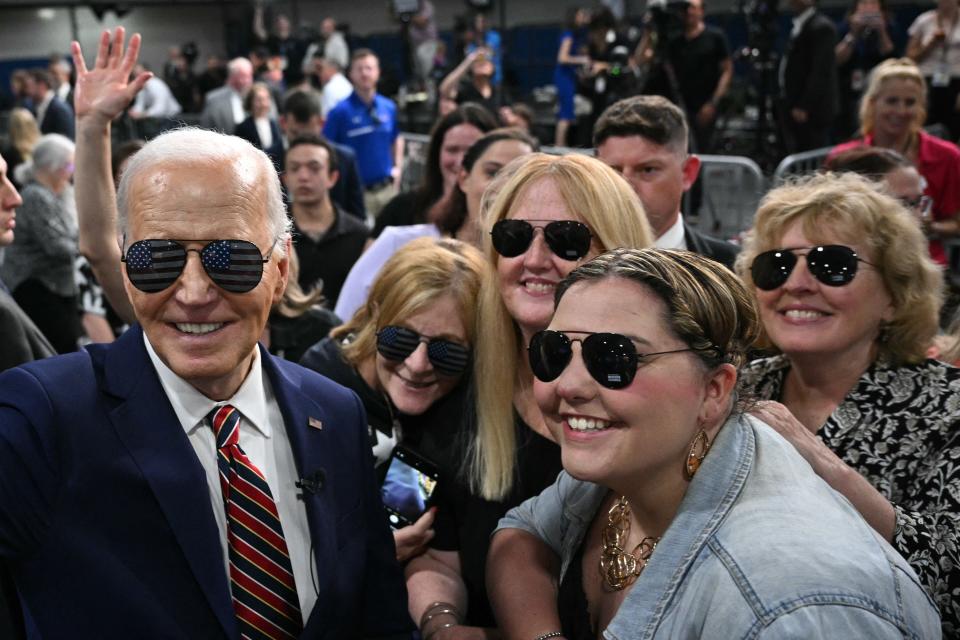Explained: Why might President Biden not be on the Ohio Ballot?
Q. Why might President Joe Biden not be on the ballot in Ohio??
A. The federal government of the United States does not administer elections. This is true even for federal offices like the President. Each state sets its own rules, and the elections are run by local authorities consistent with both state and federal law. For example, in Florida, the elections are administered at the county level by the office of the County Supervisor of Elections which designs the ballots, establishes the polling locations, and counts the returns.
In Florida, the Supervisor of Elections is an elected position, but has traditionally operated in a non-partisan manner. There is an advantage to having such decentralized elections. Any outsider that wants to attempt to penetrate our presidential elections is going to have to figure out how to do it across fifty states and over three thousand counties using different systems, machines, and technology. Every county has its own methods. Some use touch screens, while others use some type of marking on paper like scantrons.

The downside of this decentralization is that some jurisdictions are more efficient and effective at running elections than others. In most election cycles, we will see stories of long lines in some areas, or broken machines, polling locations opening late or other issues. Most are remedied fairly quickly, but it is troubling that some locations consistently have issues with long lines.
It also means that one county can create significant issues, especially in a close election. I am sure many still remember the implications of Palm Beach County deciding to use a butterfly punch ballot in 2000, which caused enough confusion for local voters that it might well have shifted enough votes to affect the outcome of the race between George W. Bush and Al Gore.
Another Civics Project column: How does the U.S. Secret Service work? Can it protect a president in prison?
The Ohio matter is a bit simpler, though troubling. In Ohio, there is a state law which requires parties to certify their presidential candidates for the November ballot by August 7th. The Democratic Convention is scheduled for August 19th, meaning that Joe Biden will not officially be the Democratic candidate for President until after the state deadline. The political convention for the incumbent President occurs after the challenger, so this is more commonly (though not always) an issue for the sitting President.
This scheduling problem has happened before, but you may not have noticed, since it is usually fixed by state lawmakers without much controversy. Just this year, both Alabama and Washington made changes that would allow Biden to appear on their ballots as they too had deadlines that would otherwise have created ballot problems. For the most part, this is not a partisan issue and state leaders have worked to ensure that voters have the opportunity to vote for their candidate of choice.
Another Civics Project column: Has American politics always been this bad?
Ohio’s early deadline makes this a predictable and repeated problem for the state. It is also one they regularly fix. The Ohio legislature made exceptions for Mitt Romney in 2012, and Donald Trump in 2020. Why not this year? Ohio House Speaker Jason Stephens (R-Kitts Hill) said, “There's just not the will to do that from the Legislature." If the legislature does not act, I suspect a lawsuit will be next.

But, here's the latest: The issue may be moot, as it appears the Democratic Party will attempt to avoid the issue by having Biden nominated, virtually, prior to the deadline and well ahead of the national convention.
Kevin Wagner is a noted constitutional scholar and political science professor at Florida Atlantic University. The answers provided do not necessarily represent the views of the university. If you have a question about how American government and politics work, email him at kwagne15@fau.edu.
This article originally appeared on Palm Beach Post: Why President Biden might not be on the election ballot in Ohio

